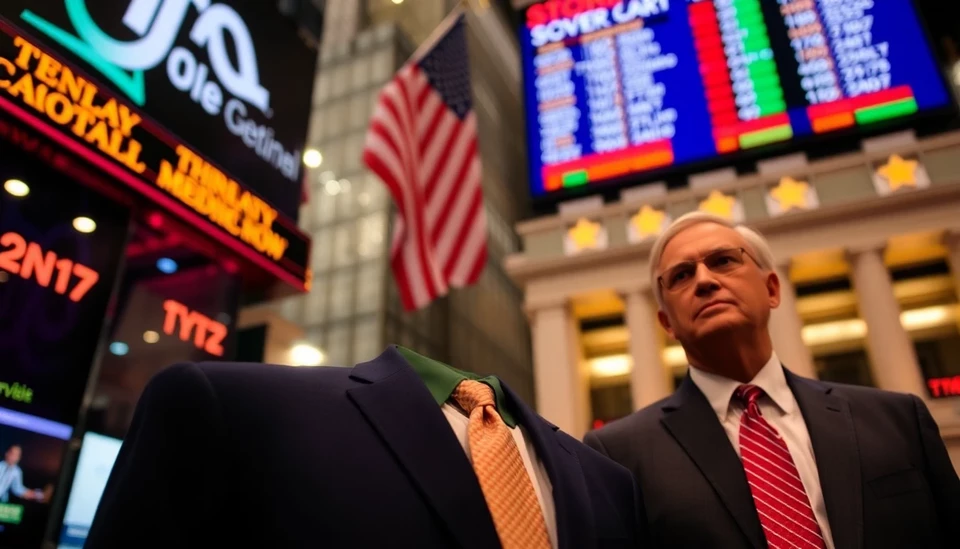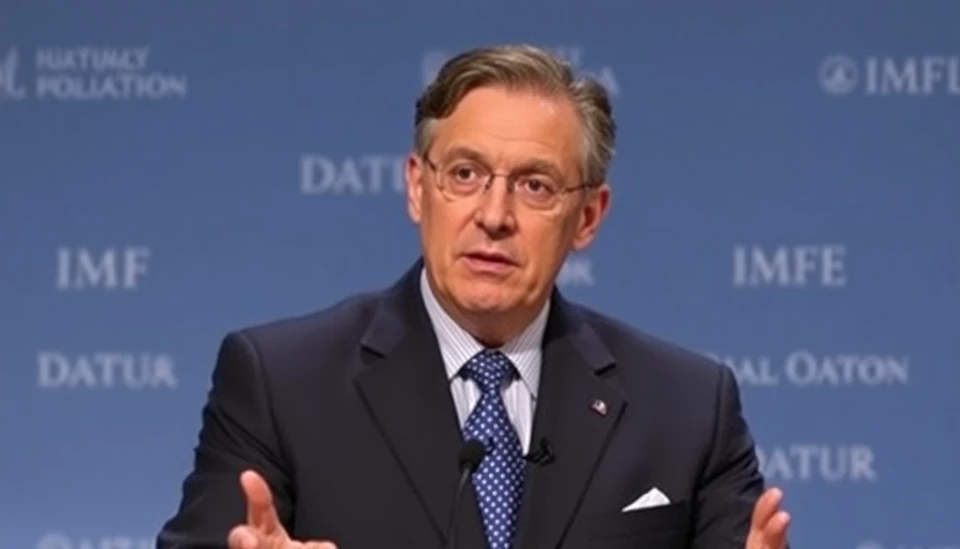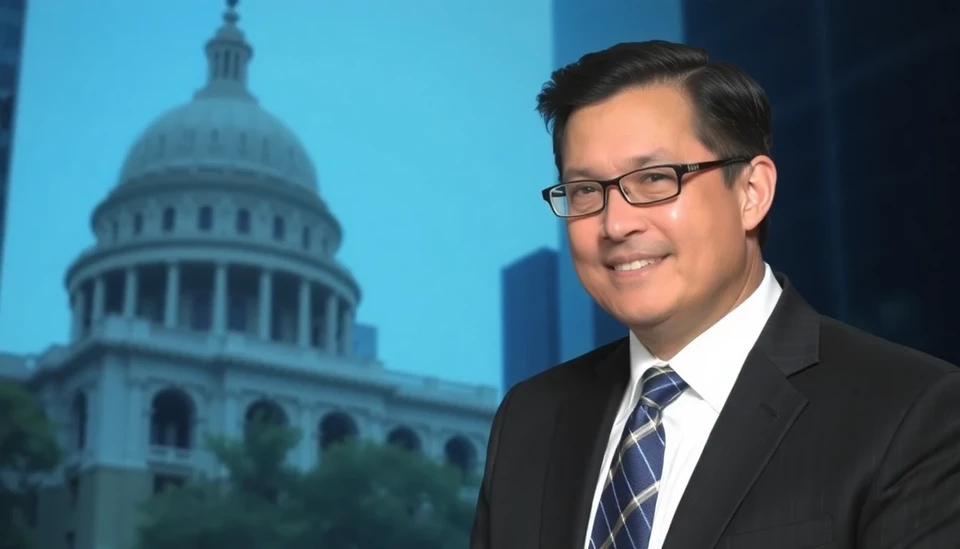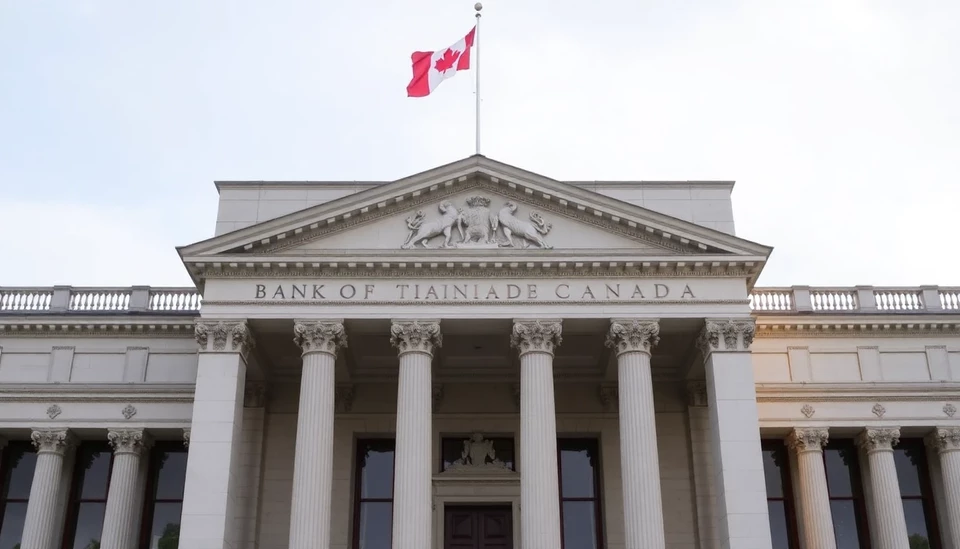
In a recent development, a surprising rebound in the stock market, fueled by a temporary reprieve from tariffs, has not mitigated the concerns among CEOs about an impending recession. Despite rising stock prices, top executives across various industries are preparing for adverse economic conditions that they fear may be just around the corner.
The optimism that emerged following government announcements regarding tariff adjustments has provided some relief to investors, sparking a notable surge in stock values. However, this bounce back seems to be at odds with the cautious sentiment reflected by corporate leaders. Executives are focusing on potential risks and vulnerabilities that could affect their businesses as external economic pressures remain a persistent concern.
As GDP growth shows signs of slowing down and inflation continues to challenge buying power, company heads are not inclined to ignore the warning signs. In a recent survey of CEOs from diverse sectors, a vast majority expressed skepticism about sustainable growth in the near future. This prevailing pessimism suggests that while the stock market may currently reflect an invigorated state, companies are exercising heightened caution in their strategic planning and investment decisions.
Many CEOs are opting for conservative approaches to budgeting, anticipating that reduced consumer spending could impact their revenue streams. Various firms are instituting cost-cutting measures and delaying hiring to prepare for what they are predicting will be tougher economic conditions ahead. This proactive stance indicates that executives are bracing themselves for what they believe is an inevitable downturn, no matter the short-term recovery seen in the markets.
Furthermore, several industry leaders are voicing concerns about the longer-term implications of policy changes and geopolitical tensions that could thwart economic stability. These uncertainties have amplified fears of future disruptions that might overshadow the current positive financial moments. While some sectors have benefitted from temporary tariff reprieves, others remain highly vulnerable to fluctuating international trade conditions.
Alongside cautious corporate strategies, analysts point out the need for consumers to maintain a careful watch on their purchasing patterns, as shifts in shopping behavior could significantly influence overall economic performance. If more individuals tighten their belts in anticipation of an economic slump, the resulting decline in consumer confidence could create a deeper downturn than previously expected.
In summary, while the stock market is experiencing a brief flourish, the undercurrents of uncertainty are prompting CEOs to prepare for potential headwinds. The financial optimism shared by investors does not resonate with the operational realities that company leaders are focusing on—risk management and sustainable practices in an unpredictable economy. As the situation continues to develop, the dichotomy between market performance and corporate sentiment will be critical to monitor.
#recession #CEOs #economic #uncertainty #stock #market #analysis #financial #strategy #cautious #optimism
Author: Laura Mitchell




